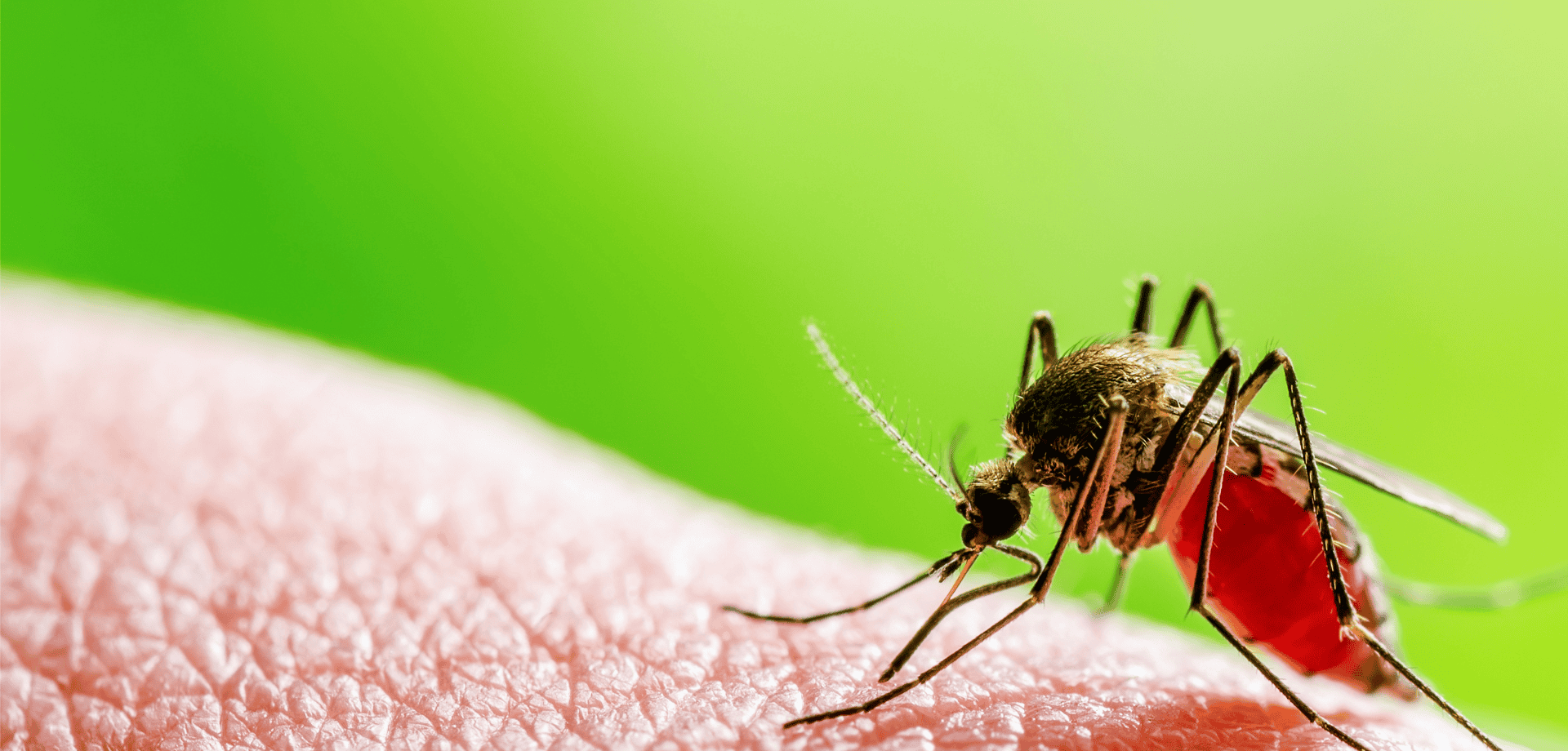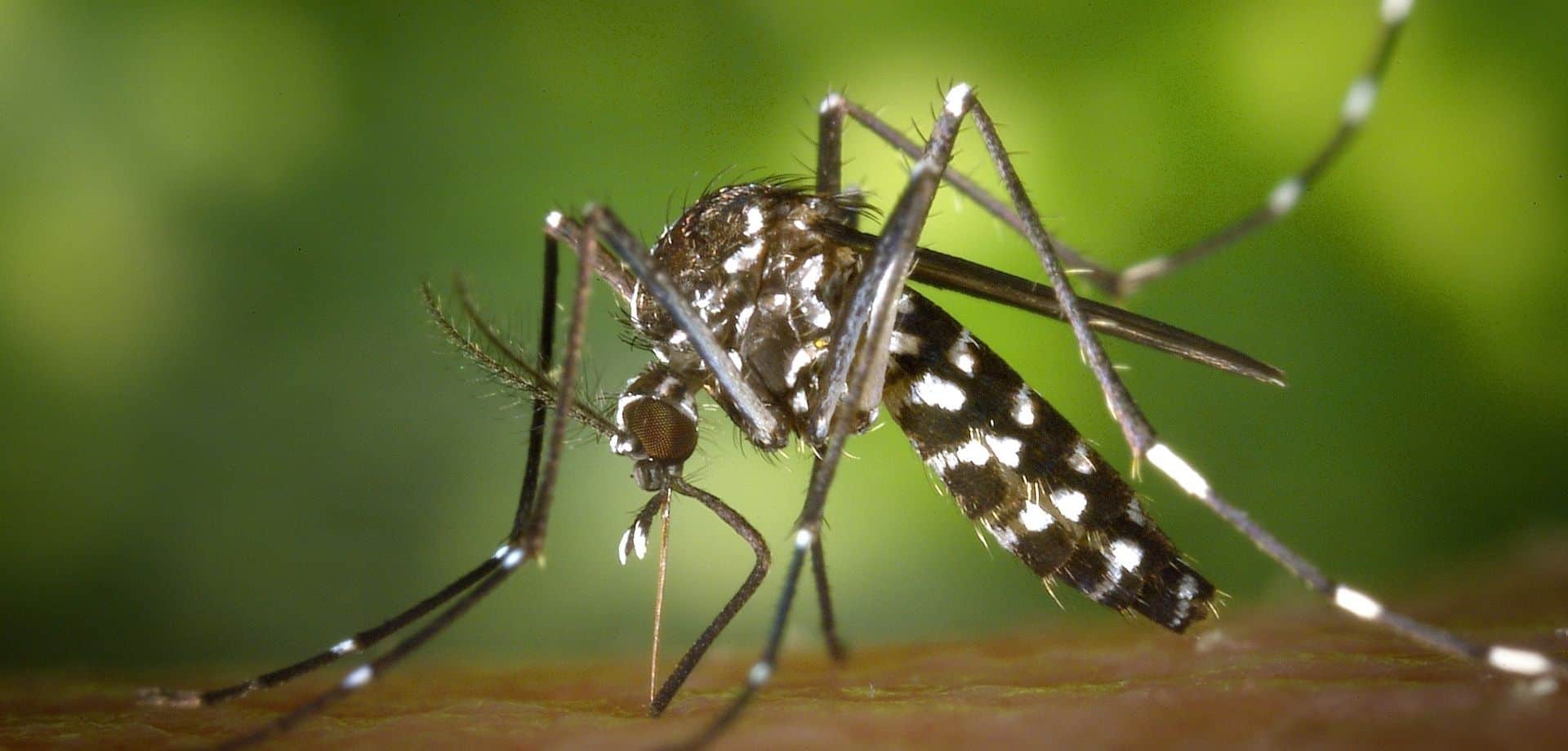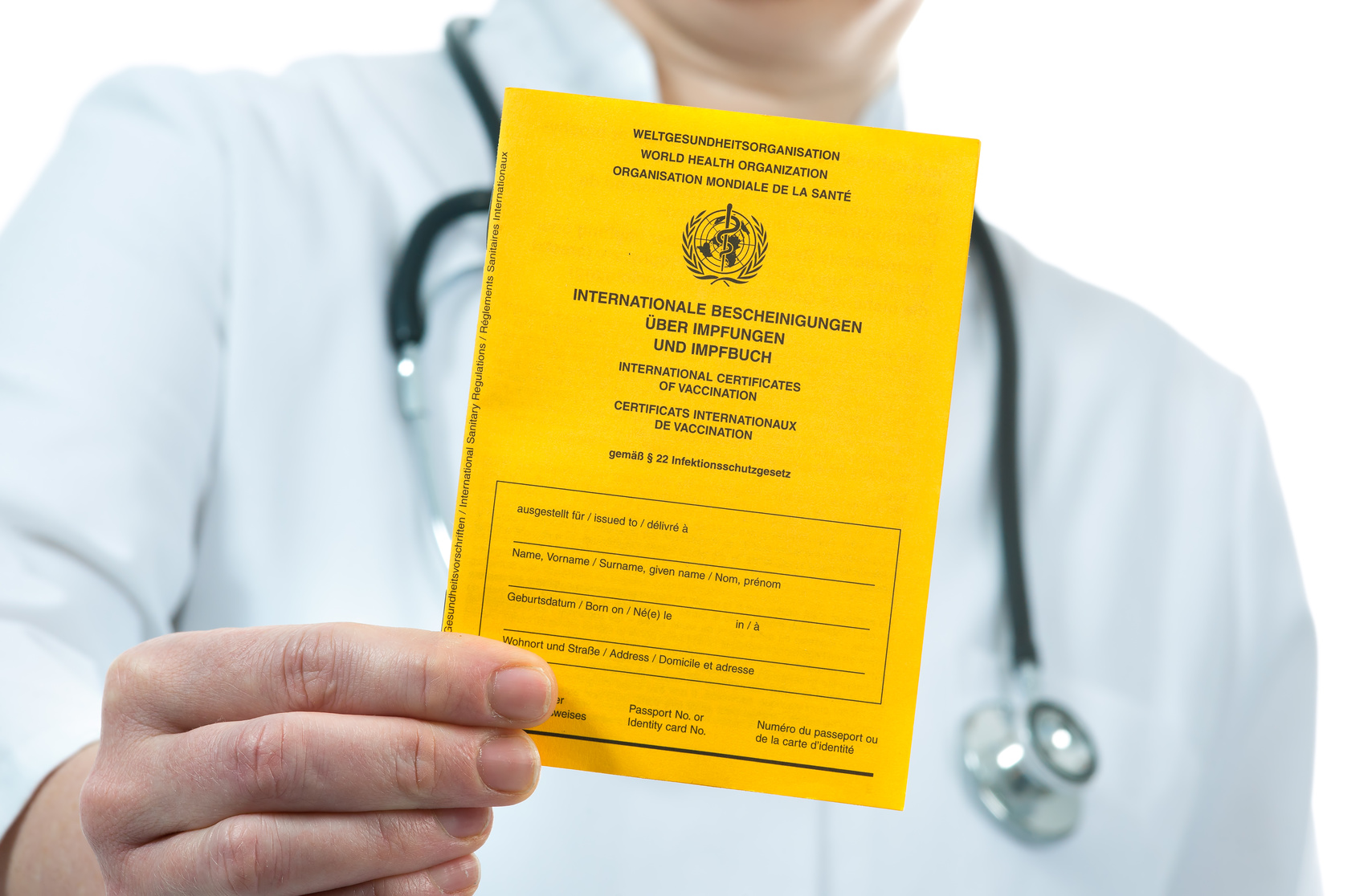Tag: Antimalarials
Egypt has long been a fascinating destination for travellers with its ancient monuments, rich culture, and vibrant landscapes. Now, there’s even more reason to consider Egypt as a travel destination: the World Health Organization (WHO) has officially declared the country malaria-free.
Dr Tedros Adhanom Ghebreyesus, WHO Director-General, said “Malaria is as old as Egyptian civilisation itself, but the disease that plagued pharaohs now belongs to its history and not its future.
This is a significant milestone in public health and brings an added layer of safety and assurance to travellers planning to visit.
Here’s what you need to know about this important achievement and what it means for your health when traveling to Egypt.
What does it mean to be “Malaria-Free”
To be certified as malaria-free, a country must demonstrate that it has interrupted local transmission of malaria for at least three consecutive years. Egypt met this requirement, showing consistent results in controlling the disease, improving healthcare infrastructure, and reducing the risk of reintroduction.
According to the WHO, Malaria in Egypt has been traced as far back as 4000 B.C.E., with genetic evidence of the disease found in Tutankhamun and other ancient Egyptian mummies.
Egypt is one of the latest countries to receive this certification, contributing to a global push toward eradicating malaria worldwide.
What does it mean for travellers?
Malaria has long been a concern in various tropical and subtropical regions, causing severe illness, fever, and sometimes even death.
Travellers often must take preventative steps, such as antimalarial medication and mosquito avoidance measures, when visiting areas where malaria is prevalent.
Egypt’s certification as malaria-free means travellers now have one less health risk to consider when planning their holiday.
For the tourism and travel health sectors, this achievement reassures visitors that Egypt is safe from malaria transmission, especially in rural areas and near water sources, which are typically high-risk locations for malaria-carrying mosquitoes.
Are there any precautionary measures still needed?
While Egypt’s malaria-free status is excellent news, it’s still essential to practice general travel health precautions to stay safe.
Here are some tips:
- Protect Against Other Mosquito-Borne Diseases: While malaria may not be a concern, other mosquito-borne illnesses, such as West Nile Virus and Dengue Fever, can still pose risks. Use insect repellent, wear long sleeves, sleep under a mosquito net and consider vaccinations where possible, like Qdenga for Dengue Fever.
- Stay Up-to-Date on Vaccinations: Egypt does require certain vaccinations for travellers, such as Rabies, Hepatitis A, Hepatitis B, and Typhoid. Make sure you are aware of any health advisories and have up-to-date vaccinations before your trip.
- Practice General Travel Hygiene: Staying hydrated, avoiding untreated water, and being cautious with food preparation are essential for staying healthy on your travels.
Is a travel consultation still necessary?
Yes, whilst it is fantastic news that Egypt is now malaria-free, there are other health risks to consider when travelling and it is still important to seek travel health advice from an expert.
We advise booking a travel consultation at least 4-6 weeks before your departure date to allow enough time for any necessary vaccinations, medications, and preventive advice to take full effect.
If you’re planning a last-minute trip, don’t worry! Book a consultation as soon as possible; even a brief appointment can provide valuable advice, essential vaccinations, and immediate preventive tips to keep you safe during your travels.
The Future of Malaria Control in the Region
Egypt’s success in eradicating malaria is a hopeful indicator for neighbouring regions where malaria is still a concern. The country’s strategies and investments in healthcare could serve as a model for other nations aiming to reduce or eliminate malaria.
Planning Your Malaria-Free Trip to Egypt
Whether exploring the pyramids, cruising the Nile, or enjoying the coastal resorts, travellers to Egypt now have added peace of mind regarding malaria. However, consulting with a travel health specialist before your trip remains important to ensure your overall health and safety. By staying informed and prepared, you can focus on enjoying the cultural and natural wonders Egypt has to offer.
As always, our travel health experts are here to provide personalised advice, vaccination guidance, and preventive health tips to make sure your journey is as safe and enjoyable as possible.
Book a travel consultation to discuss your upcoming trip to Egypt.
Related services at Fleet Street Clinic
Specialist Travel Clinic
Travel Vaccinations
Dengue Fever
Rabies Vaccination
Antimalarials
As the threat from the disease grows, here is everything the modern traveller needs to know about malaria.
What is malaria?
Malaria is an infection caused by a tiny, blood-borne parasite, transmitted by the bites of infected female Anopheles mosquitoes. Symptoms can often be delayed until sometime after exposure (a minimum of seven days but often four weeks or much longer), meaning the connection with travel may be forgotten, delaying diagnosis.
Returning from a tropical holiday should come with a suntan and sense of relaxation – not a tropical disease. However, the number of British travellers catching malaria abroad is rising, and scientists are warning it could get worse.
The UK Health Security Agency (UKHSA) has just published its latest data on malaria in travellers returning to the UK, and the numbers are troubling. Over 2,000 cases were reported in 2023, the highest total in over two decades. Globally, the number of cases of malaria has risen by 16 million, compared with pre-pandemic levels.
No less worrying is the potential impact of climate change. Warmer temperatures can extend malaria transmission season, as well as extend the disease’s geographical range to higher altitudes and cooler places where transmission was previously uncommon. Flooding and extreme weather events create perfect conditions for mosquitoes to thrive, resulting in outbreaks of the disease.
In tropical countries where malaria is widely prevalent, the disease takes a huge toll. In 2022, there were 249 million cases, 94 per cent of which were in Africa. These led to at least 608,000 deaths, mostly in children.
But research recently presented at the European Society of Clinical Microbiology and Infectious Diseases (ESCMID) Global Congress in Spain suggested that if the world’s carbon emissions and population growth remain on the current trajectory, the populations at risk of malaria and other mosquito-borne diseases could increase by an additional 4.7 billion people by 2100, relative to 1970-1999.
Diagnosing malaria depends on knowing that a person has been in a destination with a risk of the disease, since early symptoms can be non-specific, and malaria has a remarkable ability to be mistaken for other conditions.
The most common symptoms of malaria:
- Fever, usually above 38C and often intermittent
- Fatigue
- Aching muscles and joints
- Headache
- Chills (often with sweating and shivering)
- Abdominal pains and diarrhoea
- Sometimes jaundice (yellowing of the skin and whites of eyes)
Severe malaria can result in headache, fits and even death. Suspected malaria is therefore a medical emergency, and prompt treatment is effective and lifesaving.
The bottom line
If you develop a fever or become unwell on returning home from travelling abroad, seek medical advice promptly and make sure you doctor know that you have been away.
What areas have risks of malaria?
Risk areas for malaria include many parts of Africa, Asia, Central and South America, the Caribbean and Oceania – including holiday destinations in parts of Thailand, India and Peru.
How to prevent malaria on your travels
Medical prevention
Four to six weeks before your holiday begins, book a travel consultation regarding antimalarials – a travel nurse can advise on where and whether they are needed, and the options likely to suit you best.
Malarone and doxycycline are the two most-commonly prescribed medications, usually tablets or capsules taken once a day. They need to be commenced before travel, taken while you are away and continued on your return home.
For now, there are no suitable malaria vaccines for travellers. However, promisingly, two important vaccines have recently become available to combat malaria as part of public health campaigns in parts of Africa.
Avoiding insects
Bite prevention measures dramatically reduce the risk of disease, with insect repellents containing DEET, plug-in insect killers, mosquito bed nets and a wide range of other options. Our expert travel nurses can recommend suitable products during your travel consultation.
Other mosquito-borne diseases
Malaria is not the only disease on the rise due to climate change. Other mosquito-borne diseases include Dengue Fever (currently causing a large outbreak in South America), Japanese encephalitis, Chikungunya, Yellow Fever and Zika. The Zika outbreak in 2016 demonstrated how quickly mosquito-borne diseases can turn into an international health emergency. Climate change is expanding the range of mosquitoes capable of spreading them, and constant vigilance will be needed to combat them.
If you’re travelling to areas that are at risk for Malaria, book a travel consultation for a stress-free holiday.
Find more travel health information at fitfortravel.nhs.uk and travelhealthpro.org.uk.
Related services at Fleet Street Clinic
Specialist Travel Clinic
Antimalarials
Travel Vaccinations
Dengue Fever
Continued Reading about “Why malaria is on the rise – and how to protect yourself on holiday”
Read – Why malaria is on the rise – and how to protect yourself on holiday
Read – Britons catching Malaria at highest number in over 20 years
Read – Climate change drives deadly malaria surge as elimination efforts reach ‘crunch point’
Read – Vaccines are a glimmer of hope against malaria, but the battle has only just begun
Madagascar
Madagascar is a large country off the south east coast of Africa. It is well known for its rainforests, hiking and diving, beaches and reefs.
Make sure you are aware of what you need, such as visas, vaccines and other medical requirements.
Check your flight route
You may need a Yellow Fever certificate. Whilst most flights involve a change of plane in Paris, some flights route via Nairobi, Kenya. If you have a long lay over in Nairobi you will be required to provide on entry to Madagasgar, a valid Yellow Fever certificate.
Don’t risk rabies
Rabies is a virus found in mammals and is fatal if not treated promptly. Treating rabies can be difficult in Madagascar, but is made much simpler for those who receive rabies vaccinations prior to travel. If the focus of your trip is the mammals of Madagascar, rabies vaccinations pre-trip is strongly recommended.
Banish the bites
Make sure you wear plenty of insect repellent whilst away as Madagascar has several diseases that can be spread via the bite of a mosquito or fly. Insect repellent should contain at least 50% DEET. Anti-malarial medication is always advised for Madagascar. Protect yourself from mosquitos with our Ultimate Bug Kits.
Travel with Insurance
Ensure you take out comprehensive travel insurance before you go to Madagascar, and ensure that it covers you any activities you may have planned (such as scuba diving).
FLEET STREET TRAVEL CLINIC
Book your travel appointment today
By Anna Chapman | Travel Nurse | August 2018






